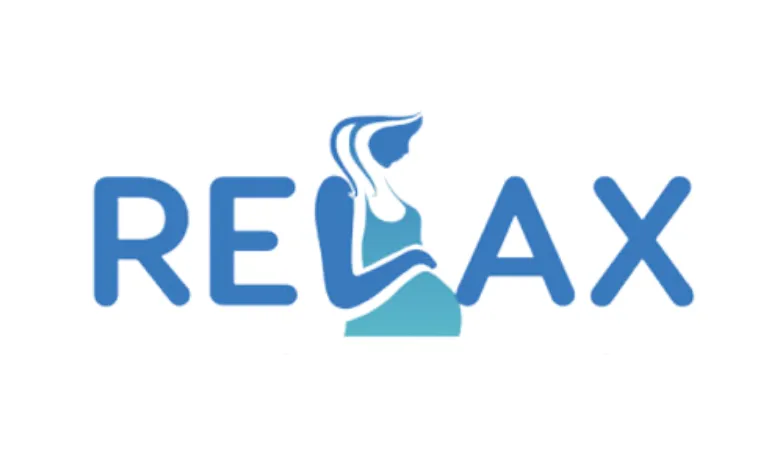RELAX (Reducing Levels of Anxiety) Study
The RELAX (Reducing Levels of Anxiety) study is led by Professor Colette Hirsch and launched in February 2022. The team is embedded within the Cognition in Emotional Disorders and Resilience (CEDAR) Group within the Institute of Psychiatry, Psychology & Neuroscience.
Anxiety is common during and after pregnancy and is very distressing for those who experience it. One risk factor for anxiety is repetitive negative thinking (RNT), which is a tendency to engage in worry about the future or mull over negative events from the past, such as "will my baby be healthy?"
Our past research has also shown RNT is maintained by an unhelpful thinking habit of drawing negative conclusions from uncertain situations. We produced a simple, accessible, web-based training to help people make more positive interpretations (e.g., "my baby will be fine").
So far, we know this training helps non-pregnant individuals with high levels of RNT as well as those with anxiety disorders, leading to less anxiety three months later.
Our recent research has shown that the tendency to draw negative conclusions is also associated with worry and anxiety in pregnant women. We conducted some further research which showed that women who worry a lot benefited from a single session of our training by changing thinking habits and reducing worry in the short-term.
We are now interested in working out whether our web-based training can help to reduce worry and anxiety in pregnant women and new mothers in the long-term.
Hear from Professor Colette Hirsch in the video below:
Principal Investigator: Professor Colette Hirsch (Professor in Cognitive Clinical Psychology & Clinical Psychologist).
Co-Investigators: Dr Brittannia Volkmer (Clinical Trial Coordinator), Mary Newburn (Patient and Public Involvement Lead), Prof Michelle Moulds (Co-applicant, Black Dog Institute, Australia), Prof Jill Newby (Co-applicant, UNSW Sydney), Nathalie Towner (Research Assistant), Prof Kimberley Goldsmith (Lead Statistician), Jo Bennett (Lead Research Midwife), Yogini Sawjani (former Research Assistant), Victoria Ferreira (Research Assistant).
Patient and Public Involvement
We have collaborated with King’s Maternity Voices Partnership (MVP) and Parents and Communities Together (PACT) to hear from women with lived experience of perinatal anxiety, including those from ethnic minority and socially disadvantaged backgrounds, receiving their input on the RELAX training.
We have a Patient and Public Involvement and Engagement (PPIE) lead, Mary Newburn, on our project. Mary has developed the PPIE Plan for the study, together with input from the research team and the study PPIE Advisory Group (PPIE-AG). This group consists of women with lived experience of anxiety during pregnancy as well as representatives from organisations that advocate for pregnant women/mothers and perinatal mental health.
The research team regularly engages with PPIE members to invite opinion on various aspects of the study, including the design, format and content of the RELAX sessions as well as recruitment strategies.
Click here for more information about our PPIE advisory group.
Aims
The study aims to determine whether pregnant women with high levels of RNT who complete RELAX alongside receiving usual care experience lower levels of anxiety later in the perinatal period, compared to those who receive usual care alone.
Methods
Participants in the study are randomly allocated to complete RELAX alongside receiving their usual care, or continue to receive their usual care alone.
The RELAX training involves completing 12 sessions online via a computer, laptop, or tablet over a period of four weeks. The sessions involve listening to short scenarios, imagining how the scenarios may turn out and answering some questions about them.
All participants in the study will complete assessments (sets of questionnaires) at four different timepoints, including before and after birth.
Ethics: This study has been reviewed by the West Midlands – South Birmingham Research Ethics Committee (Reference Number: 22/WM/0273) and the MHRA (Medical and Healthcare products Regulatory Agency), an independent group of people, to protect your safety, rights, wellbeing, and dignity.
The study is funded by the National Institute for Health and Care Research (NIHR).


